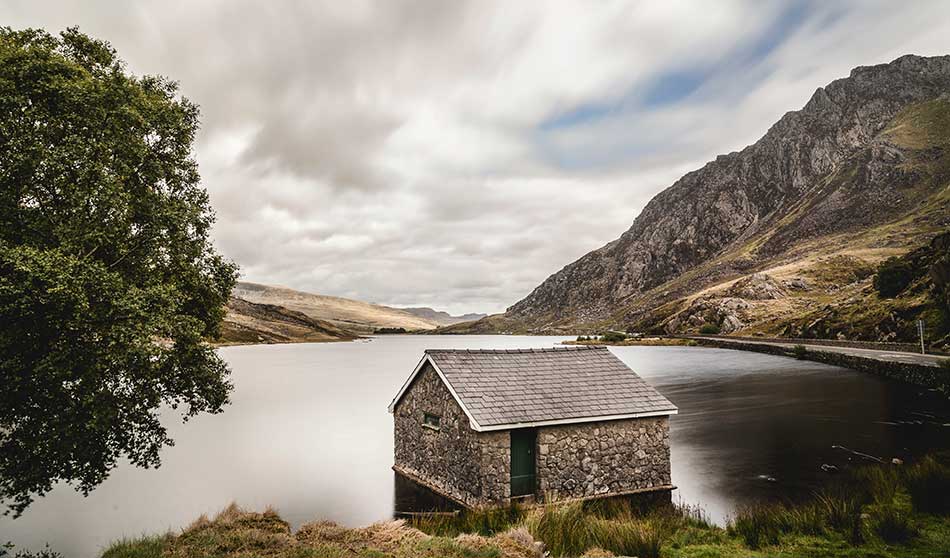How Remote Towns Are Keeping Up with Online Education and Other Needs
As much of the world has transitioned online in light of the pandemic, many remote towns have found themselves literally and virtually cut off due to poor internet connectivity. In fact, according to ZDNet, almost 40% of homes in rural and remote areas globally do not have access to the internet at all. The United Nation’s International Telecommunication Union (ITU), warns that this may strain access to basic services that are now delivered online. Two of the most pressing needs that lacklustre internet may affect in remote towns are telehealth and online learning.
Online Learning and Healthcare in Remote Towns
The UK is notorious for its poor internet connection despite being a developed nation. Even in towns outside of more tucked-away Wales, three in fives homes aren’t gigabit-capable, and nearly 200,000 don’t even get 10Mbps. This may not have been as much of an issue when physical restrictions weren’t in place.
In Wales, some steps are already being undertaken to improve connectivity. In terms of online learning, the Welsh government has invested over £92 million into the digital infrastructure of local schools. This is partly for local authorities to buy more than 300,000 digital infrastructure items like cabling and Wi-Fi devices. Ministers are hopeful that this will bridge a digital gap that is holding some children back. However, since most remote areas are not using devices compatible with the demands of their EdTech platform, many learners are not able to fully take advantage of online resources. As shared on New Globe, children and educators in areas with poor internet access need to be empowered with specifically designed EdTech that thrives in low infrastructure environments. A notable instance of this is currently being rolled out in Africa where some schools are using special tablets and Cloud services that are optimised for places with low internet connection and intermittent power. If similarly rolled out in Wales, this could help “digitally excluded” students from falling behind.
Meanwhile, in terms of telehealth, locals are trying to find ways not to fall further out of healthcare’s reach. Previously, we already shared the importance of personal defibrillators in our post “A Home Defib”, since there are few publicly available in town. Without your own defib, you may find yourself failing to get to the nearest one in an emergency. Not to mention, the fact that emergency ambulances can take up to two hours, give or take.
During the pandemic, many other healthcare services have become strained and spread out. To try to alleviate this and keep everyone safely distanced, the NHS has encouraged telehealth. In Wales, the government estimates that about a thousand remote consultations occur weekly. While this has maintained a visual link between patients and physicians, it doesn’t do much for those unable to go online anyway. The Welsh government has currently focused more on loaning devices and improving bandwidth among healthcare workers. However, most patients have had to fend for themselves. Conversely, in America, over 25 million insurance beneficiaries are provided with the means to access telehealth. In rural areas, specifically, telehealth platforms are designed based on a town’s hardware and broadband capacity. This is much more effective than simply supplying the telehealth platform and hoping patients can adapt.
Are Online Services Here to Stay?
Even though many schools and clinics are hoping to resume face-to-face interactions, the impact of online education and healthcare isn’t going away. The Welsh government has already stated that they intend for more schools to embrace EdTech. Meanwhile, CB Insights shares that telehealth investments continue to rise as the tech becomes commonplace globally. Although many remote towns relish being far from the maddening crowd and online noise, the fact is that rural areas are being forced into a digital age. Thankfully, though resources may be limited and lack nuance, remote towns can rely on their creativity and resilience to make do with the options available.












